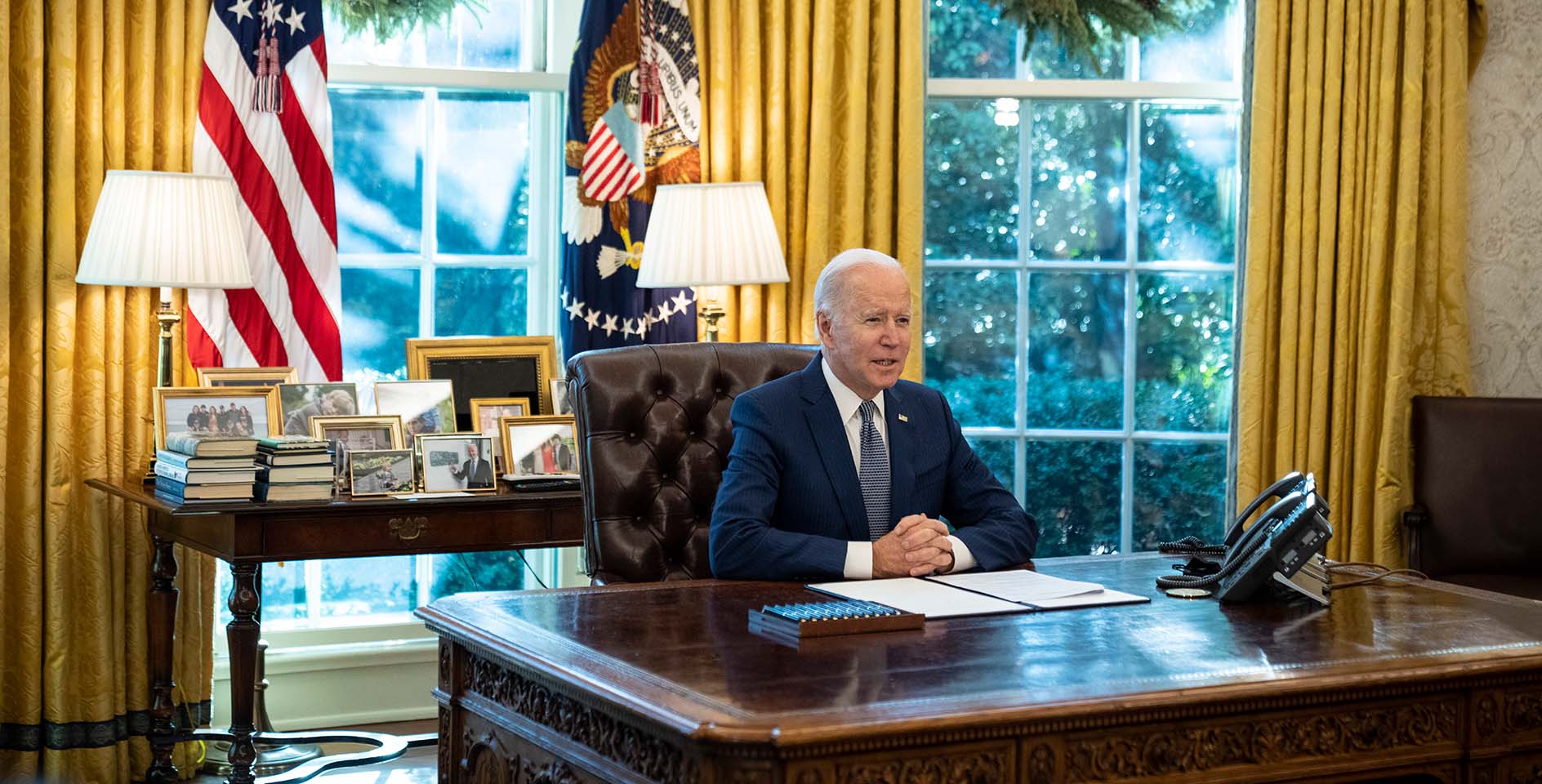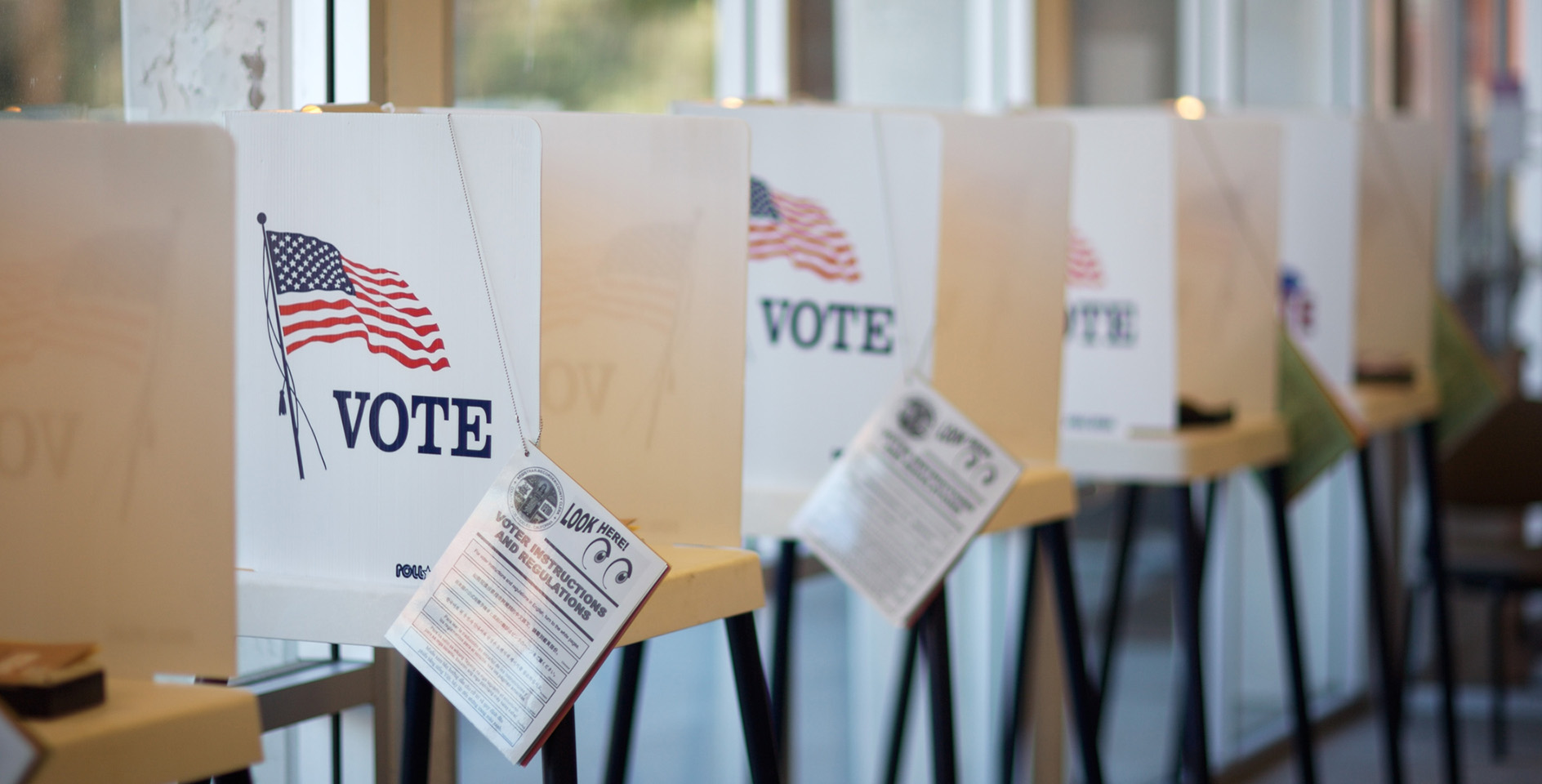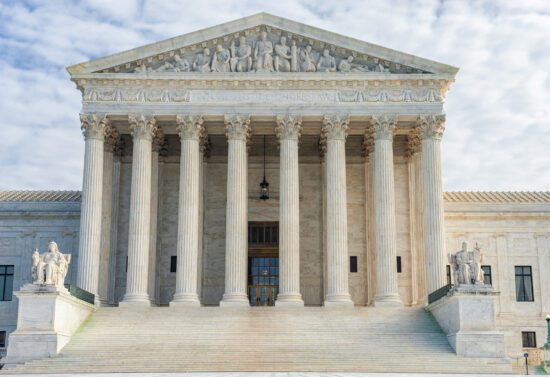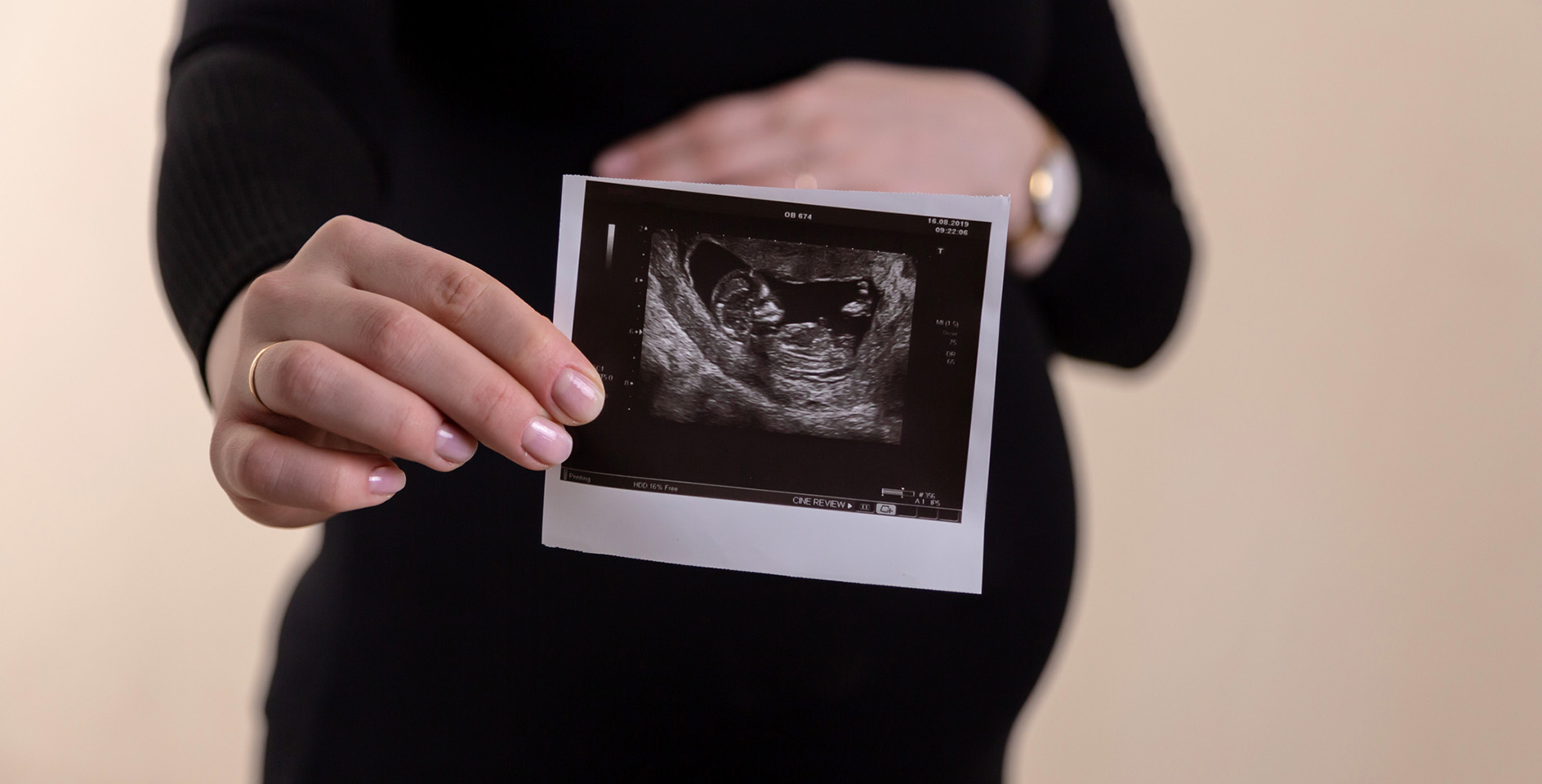President Trump recently signed into law HR 6, the Substance Use-Disorder Prevention that Promotes Opioid Recovery and Treatment (SUPPORT) for Patients and Communities Act. This bipartisan legislation includes almost 200 provisions to provide for opioid use disorder prevention, recovery, and treatment.
The legislation, which passed the House by a vote of 393-8 in September and the Senate by a vote of 98-1 in October, reportedly represents the largest legislative effort to combat a single drug crisis in U.S. history.
“This bipartisan legislation brings critical support to the communities most desperately in need,” said the bill’s sponsor, Rep. Greg Walden’s (R-OR). “[The Act] provides new tools and resources for those on the ground in this fight, and helps stop the flow of deadly drugs across our borders.”
“Rarely can we say that legislation will save lives,” added Walden, “but there is no doubt that this bill will do just that.”
Here are a few key provisions under each of the legislation’s eight main sections:
Title I—Medicaid Provisions to Address the Opioid Crisis
• Requires state Medicaid programs to suspend, as opposed to terminate, a juvenile’s medical assistance eligibility when a juvenile is incarcerated, and requires states to ensure that former foster youth are able to keep their Medicaid coverage across state lines until the age of 26.
• State Medicaid programs are now required to have safety edits in place for opioid refills, monitor concurrent prescribing of opioids and certain other drugs, and monitor antipsychotic prescribing for children.
• Directs the Centers for Medicare & Medicaid Services (CMS) to issue guidance on states’ options for treating and managing beneficiaries’ pain through non-opioid pain treatment and management options under Medicaid.
Title II—Medicare Provisions to Address the Opioid Crisis
• Expands the use of telehealth services to Medicare beneficiaries for the treatment of substance use disorders and co-occurring mental health disorders.
• Increases screening for opioid use disorder and other substance use disorders among Medicare beneficiaries, during Medicare wellness and preventive care visits, facilitating early detection and treatment.
• Deters prescription fraud and the diversion of opioids through the use of e-prescribing for opioids.
• Expands Medicare coverage to include Opioid Treatment Programs (OTPs) for the purposes of delivering Medication-Assisted Treatment (MAT) to expand access to treatment options for Medicare beneficiaries.
Title III—FDA and Controlled Substance Provisions
• Requires the Food and Drug Administration (FDA) to hold at least one public meeting to address the challenges and barriers of developing nonaddictive medical products intended to treat pain or addiction, and issue new, or update existing, guidance documents
• Clarifies FDA’s authority to require drug manufacturers to package certain opioids to allow for a set treatment duration, for example, a blister pack with a 3 or 7-day supply and takes into consideration patients with functional limitations.
• Increases the number of waivered health care providers that can prescribe or dispense medication-assisted treatment (MAT) by authorizing clinical nurse specialists, certified nurse midwives, and certified registered nurse anesthetists to prescribe MAT for five years.
• Updates federal law to allow for implantable or injectable controlled substances for the purposes of maintenance or detoxification treatment to be delivered by a pharmacy to an administering practitioner while maintaining proper controls, such as storage and record keeping.
Title IV—Offsets
• Requires reporting by group health plans of prescription drug coverage information for purposes of identifying primary payer situations under the Medicare program.
Title V—Other Medicaid Provisions
• Requires state Children’s Health Insurance Programs (CHIP) to cover mental health benefits, including substance use disorder services for eligible pregnant women and children.
• Requires Medicaid providers to check relevant prescription drug monitoring programs (PDMPs) before prescribing a Schedule II controlled substance.
• Provides state Medicaid programs with the option to cover care in certain Institutions for Mental Diseases (IMD), which may be otherwise non-federally reimbursable.
Title VI—Other Medicare Provisions
• Promotes the testing of incentive payments for behavioral health providers for adoption and use of certified electronic health record technology through the Center for Medicare and Medicaid Innovation (CMMI).
• Establishes an action plan, including studies, HHS-authored reports to Congress, and meetings with stakeholders, for the purpose of addressing the opioid crisis.
• Provides grants to Federally Qualified Health Centers (FQHCs) and Rural Health Clinics (RHCs) to help offset the cost of training providers to dispense medications for treatment of opioid use disorder.
Title VII—Public Health Provisions
• Requires the Secretary of Health and Human Services, in coordination with the U.S. Surgeon General, to submit a report to Congress on the public health effects of the rise in synthetic drug use among adolescents and young adults in order to further educate parents and the medical community on the health effects of synthetics.
• Expands a grant program authorized by the Comprehensive Addiction and Recovery Act, which was designed to allow first responders to administer a drug or device, like naloxone, to treat an opioid overdose, to include training on safety around fentanyl, carfentanil, and other dangerous licit and illicit drugs.
• Directs the Department of Health and Human Services (HHS) to establish a public information dashboard linking to HHS programs and publicly available data related to opioid and other substance use disorders.
• Requires HHS, in consultation with the Attorney General (AG), to submit to Congress a report on the impact of federal and state laws and regulations that limit the length, quantity, or dosage of opioid prescriptions
• Requires the Secretary to issue a report to Congress offering recommendations for pain management practices during pregnancy and for prevention, identification, and reduction of opioid and other substance use disorders during pregnancy.
• Provides resources for hospitals and other entities to develop protocols on discharging patients who have presented with an opioid overdose.
Title VIII—Miscellaneous
• Directs the Commissioner of the U.S. Customs and Border Protection and the Postmaster General, in coordination with the heads of other Federal agencies as appropriate, to collaborate to identify and develop technology that will improve the detection of synthetic opioids, as well as other narcotics and psychoactive substances, entering the United States by mail.
• Makes it illegal to knowingly and willfully pay or receive kickbacks in return for referring a patient to a recovery home or clinical treatment facilities.
• Reauthorizes the Office of National Drug Control Policy, the Drug Free Communities program, and the High Intensity Drug Trafficking Areas program.










